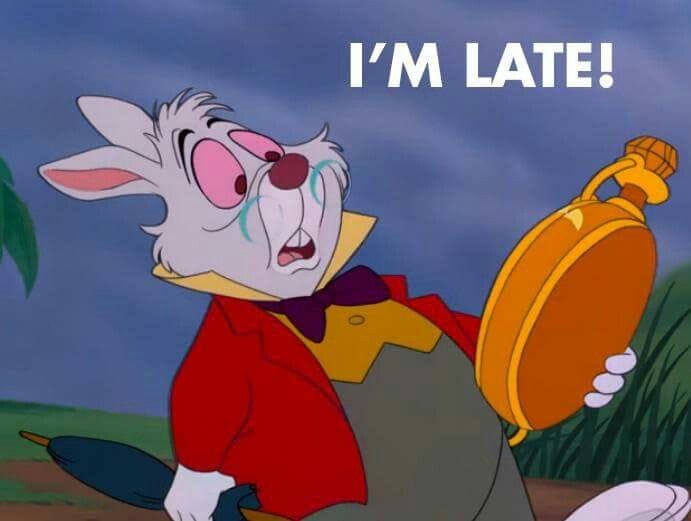Maackia 027: Happy little plants

I’m Nathan Langley and this is Maackia, a monthly (sorry!) newsletter reflecting on the past few years of operating a garden design business.
As you might have noticed, I have been erratic with my newsletters as of late. There isn’t a particular reason for my absence. I think I just needed to give myself some space away from the expectations that I had set for myself and instead work on some tech-related projects that get me closer to that all important, but largely elusive, flow state. The most recent project has been a complete rebuild of my website, which should go live in early 2025.
Overall, though, I have been thinking about the system I have built so far since I started Gardens by Nathan, my services, and how well they serve the people who engage with them. Looking back, I think I have found some obvious signs that I was ignoring.
I love design. I love working on garden projects, figuring out problems, implementing what I can visualize in my head, and seeing if it all works out. I also love reading and watching people work through their own process and seeing the results of their effort, even if it has nothing to do with gardening. But the kick is that I don’t think these are things a lot of people enjoy thinking about or engaging with, which is a problem when you are trying to run a design-focused business.
Let’s take my go-to example: Apple. They are a design focused business, and would be an entirely different company if that weren’t the case. But that focus is only on display in selective ways for specific audiences to connect with. Ultimately, the way they frame their work to the public is around their products and how customers use them.
That’s not what I have been doing.
Instead, I have been trying to reduce the anxiety and complexity of creating gardens from scratch through my designs. What I have come to realize is that my approach has only really served people who either value design already, or have the means to pay for the knowledge and expertise I have gathered over the last ten plus years through my designs.
That is an extremely small niche as, let’s face it, gardening isn’t generally seen as a trade that requires a lot of specialized knowledge to carry out (even when I know that couldn’t be further from the truth). While I plan to keep fostering my love for design and using it as a foundation for my business, I don’t think it is necessarily the thing I should be leading with.
It’s at this point where my mind settles on Bob Ross and his life’s work. “Talent is a pursued interest. Anything that you’re willing to practice, you can do.” “There are no mistakes; just happy accidents.” “However you think it should be, that’s exactly how it should be.” Etc, etc, etc. I’m sure you have run into him on tv or Twitch at some point.
He, of course, still took out some inherent complexity within painting. He had a palette picked out at the beginning of each episode so that you could follow along with him, and he always showed you the tools he had and how to use them. All you had to worry about was the act of painting.
However, I think the true genius of Bob Ross was that he was there painting along with you. He was always in your corner cheering you on. And it wasn’t a fraught experience either, as he made the act of painting feel different. It was joyful – an adventure!
He took the creative act within painting and repeatedly associated positive feelings with it. It’s almost as though he knew he were fighting against the ingrained voices from high school in your head that stripped away your confidence, the beauty, and the importance of creative work.
In effect, unlike Apple, it wasn’t about the product at all. By the conclusion of his thirty-minute show, you likely ended up with a painting of your own if you were working along with him. Yes, that is something to be proud of if you weren’t a painter already! But it was just the start of a (hopefully) life-long journey you were embarking upon. One where you felt supported and encouraged to do what you thought was best with your creative energy.
I really don’t think gardening is any different at its core. Yes, there are details that you need to know since you are working with a medium that is, well, living. Yes, there are principles to understand if you are trying to replicate a specific garden form that you saw on the internet.
But learning those things don’t help you develop your creative muscles, and they certainly don’t help rectify the stereotypically negative feelings associated with gardening that a lot of people have.
So, in 2025, let’s focus on fostering some happy little plants instead.
Happy holidays! 🎄
n